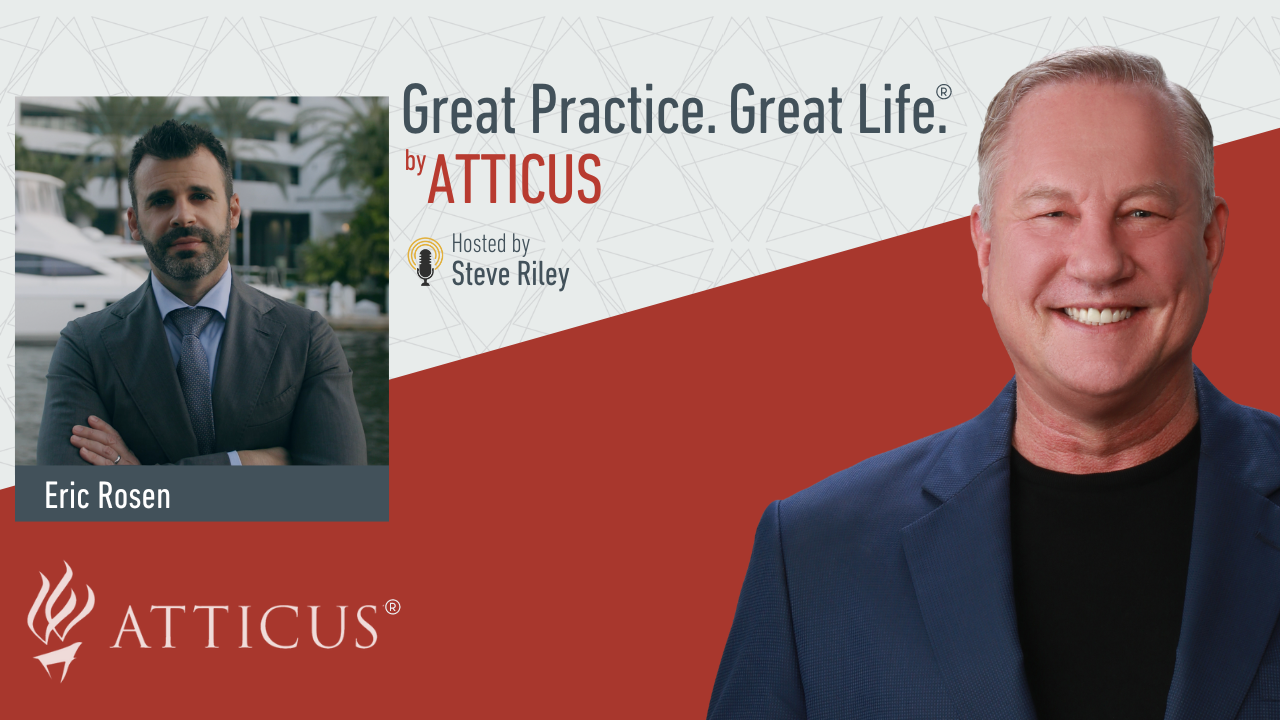
Unlocking the Secrets to a Thriving Solo Law Practice
Building a successful solo law practice requires a unique blend of legal expertise, entrepreneurial spirit, and strategic planning. Here, we explore key insights and practical advice to help solo practitioners navigate the complexities of establishing and growing their own law firms.
Success Strategies for Trial Lawyers
Transitioning from a large firm to a solo practice can be both exhilarating and challenging. The first step involves adopting core habits and practices that facilitate this shift. Key strategies include maintaining strong family relationships to avoid burnout and employing effective marketing techniques in a competitive environment. Time management is crucial, especially when it comes to business development and client acquisition. One surprising piece of advice for young lawyers starting their practice is to spend more time letting people know what they’re up to, leveraging personal networks for initial growth.
Designing a Great Life and Practice
Balancing professional aspirations with personal fulfillment is essential for long-term success. Creating a life template and roadmap with the guidance of a mentor or coaching program can be incredibly beneficial. Having a clear vision and setting strategic goals for one, three, and five years helps in putting systems in place that allow the business to operate independently. Transitioning from being a technician to an entrepreneur requires confidence, strategic delegation, and focusing on roles that align with your vision. Books like “Tools of Titans” by Tim Ferriss can provide inspiration and practical advice for embracing entrepreneurship and self-marketing.
Building Business Skills in Law
Starting a law practice from scratch demands a strong foundation in business skills. Social media, digital marketing, and search engine optimization (SEO) are critical areas to master. Building a referral network is equally important, especially during challenging times like the pandemic. Structured business practices and ongoing learning are essential for adapting to new marketing strategies and achieving success. Joining a supportive community, such as a professional coaching group, can provide valuable guidance and resources.
Referral-Based Marketing for Lawyers
Digital marketing and relationship-building are pivotal in the legal industry. Staying top of mind through constant content creation on platforms like TikTok, Instagram, and YouTube can help maintain visibility among peers and potential referral sources. Forming genuine relationships with other lawyers, rather than viewing interactions merely as networking opportunities, is crucial. While organic online presence is beneficial, pay-per-click advertising may not always yield the desired results. The most valuable cases often come from a well-nurtured referral network, emphasizing the importance of fostering a community of like-minded professionals.
Building a Lawyer Community of Support
Creating a supportive community of professionals can significantly enhance your practice. Contributing to a collaborative environment where members help each other grow is invaluable. Personal experiences and success stories highlight the joy of seeing community members connect and support each other independently. Coaching plays a vital role in personal and professional development, offering impactful guidance and fostering long-term relationships.
Unique Marketing Strategies for Lawyers
Referral-based marketing strategies that focus on building meaningful relationships through exclusive events can be highly effective. Hosting unique, memorable experiences, such as premium seats at a sports event or a private tasting menu dinner, can strengthen connections. Avoiding potential missteps, like poorly planned social media events, is crucial. Engaging activities like axe throwing or personalized gifts can also be effective for networking. Strategic spending on thoughtful gestures can yield significant benefits in the long run.
Investing in Growth for Lawyers
Proactive hiring and strategic investment are essential for building a successful legal practice. Hiring staff in anticipation of increased workload helps maintain quality service and avoid burnout. Investing financially in additional help, even at the cost of short-term earnings, can ensure long-term growth and reduced stress. Building capacity and trusting in strategic hiring allow lawyers to focus on high-value tasks and enjoy a better work-life balance.
Navigating Growth and Success in Law
The journey from a firm lawyer to a successful solo practitioner involves pivotal moments and mindset shifts. Viewing staff and resources as investments rather than costs is crucial. Perseverance, confidence, and seeking guidance from successful mentors are key to overcoming challenges. Controlling one’s own destiny, supported by a dedicated team, leads to long-term success and personal fulfillment.
The Value of Building Relationships
Maintaining authentic relationships and traditional practices remains fundamental in growing a successful law firm. Over-reliance on digital marketing can be detrimental; instead, consistent updates on platforms like Facebook can be more effective. Building a community of like-minded professionals and focusing on core relationship development can lead to long-lasting, valuable connections. These relationships often become more significant than monetary gains, contributing to overall success and satisfaction.
By integrating these strategies and maintaining a balance between professional growth and personal fulfillment, solo practitioners can build thriving law practices and achieve their long-term goals.
If you want to learn more about Great Practice, Great Life, check out https://atticusadvantage.com/episode095.
If there’s a topic you would like us to cover on an upcoming episode, please email us at steve.riley@atticusadvantage.com.
Steve Riley
Certified Practice Advisor & Attorney
Steve Riley has coached attorneys for more than 20 years. His one-on-one coaching focuses on a limited number of top producing attorneys committed to taking their practices to new levels of excellence, profit, and personal success. He also presents at group coaching workshops around the country for individual law firms, state bar associations, and other legal organizations.


